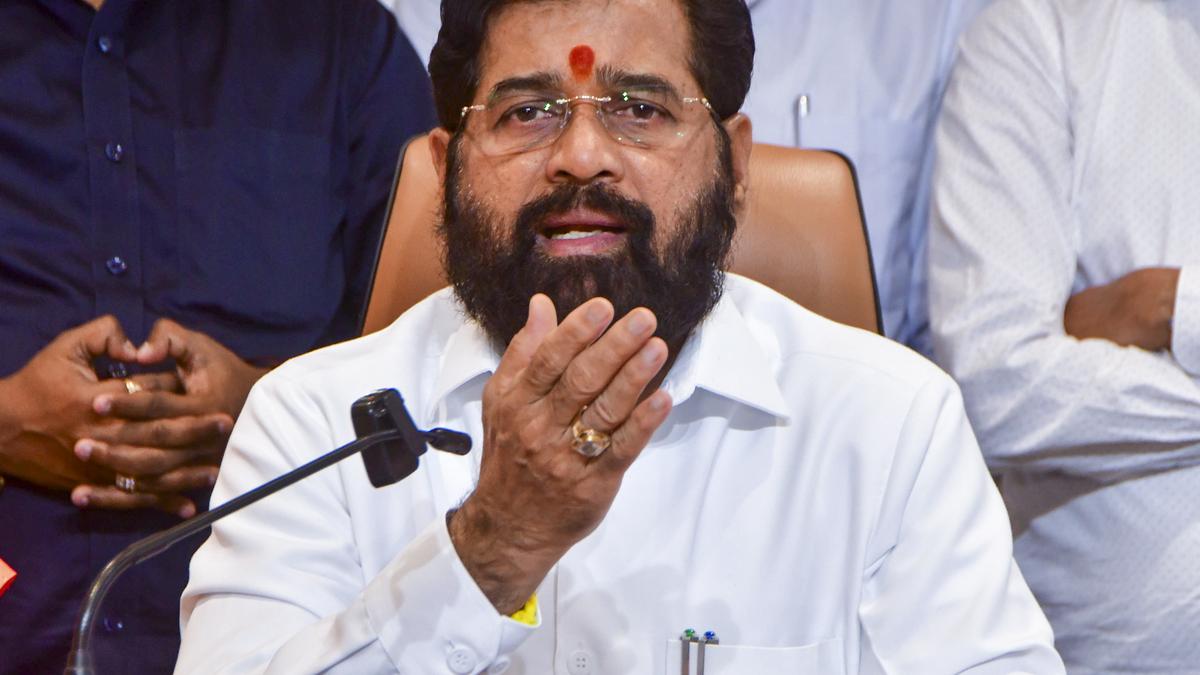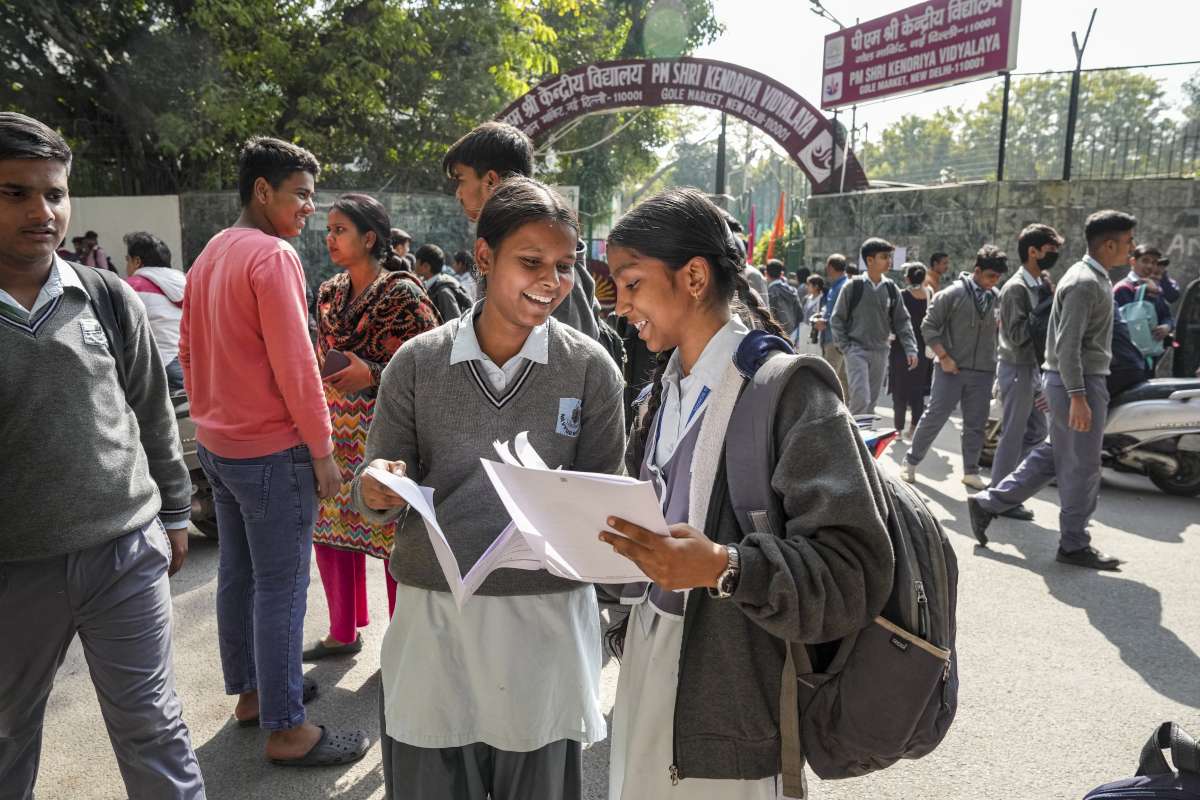NEW DELHI: One in six people will be aged 60 years or over by 2030 globally, the World Health Organisation (WHO) said on the occasion of International Day of Older Persons on Wednesday.
It stated that the global population aged 60 and above is projected to rise from 1 billion in 2020 to 1.4 billion. By 2050, the world’s population of people aged 60 years and older will double to 2.1 billion. The number of persons aged 80 years or older is expected to triple between 2020 and 2050 to reach 426 million.
“People are living longer everywhere, and we can all benefit greatly from the wisdom and experience of older persons,” said Tedros Adhanom Ghebreyesus, WHO Director-General.
“On the International Day of Older Persons, we call on all countries to ensure inclusive health care for people of all ages, so that everyone can reach their full potential at every stage of life. Let us celebrate what it truly means to age with dignity, health, and purpose!,” he posted on X.
The WHO said every country in the world is experiencing growth in both the size and the proportion of older persons in the population.
While this shift in distribution of a country’s population towards older ages – known as population ageing – started in high-income countries (for example in Japan 30% of the population is already over 60 years old), it is now low- and middle-income countries that are experiencing the greatest change.
By 2050, two-thirds of the world’s population over 60 years will live in low- and middle-income countries.
Although some of the variations in older people’s health are genetic, most are due to people’s physical and social environments – including their homes, neighbourhoods, and communities, as well as their personal characteristics – such as their sex, ethnicity, or socioeconomic status.

































